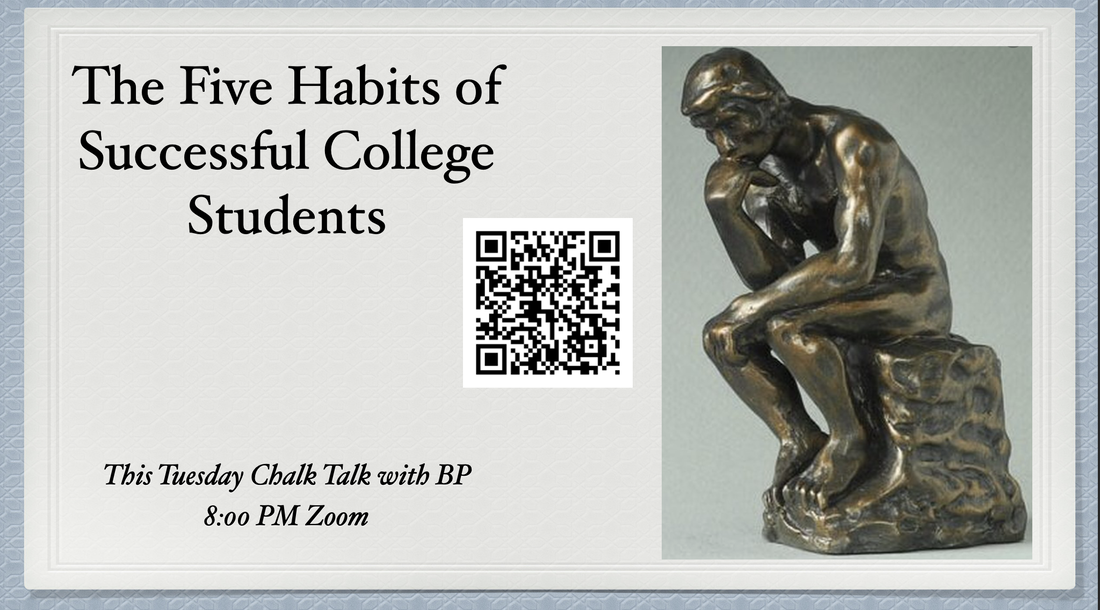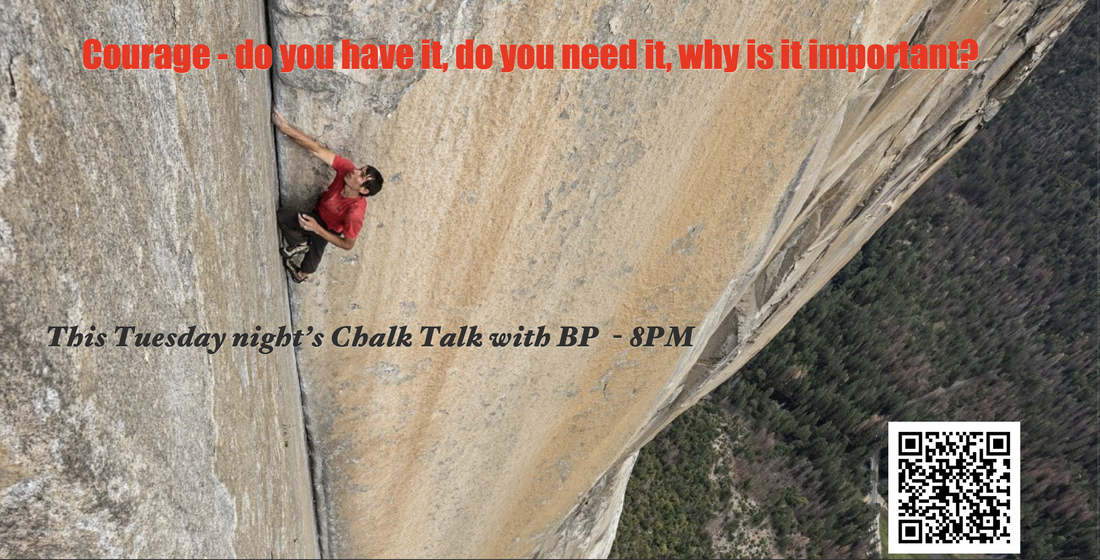Join us this Tuesday at 8PM and we will answer questions about the format, game play, rules, options and cover a few of the game elements. You won't want to miss as these Chalk Talks will help players better understand and prepare for the October 29th World War Wu!
Topic: Univeristy House FIR "Chalk Talk"
Johnny Zombie Game Preview
Time: This is a recurring meeting Meet anytime
Join Zoom Meeting
https://baylor.zoom.us/j/97348237323?pwd=eUFMRDdRR3NuU0F0eHgySHJrbUtrQT09
Meeting ID: 973 4823 7323
Passcode: 654321


 RSS Feed
RSS Feed